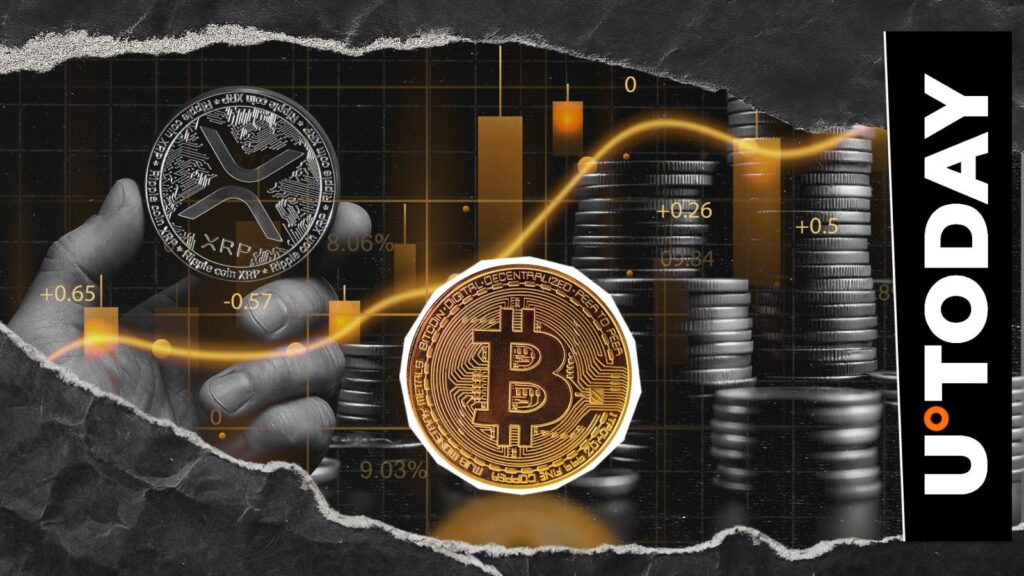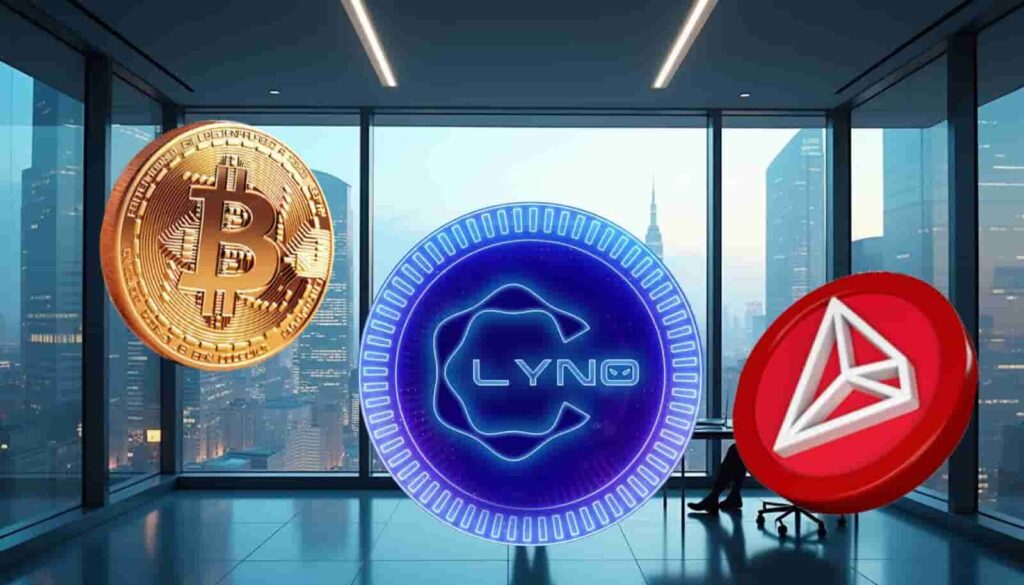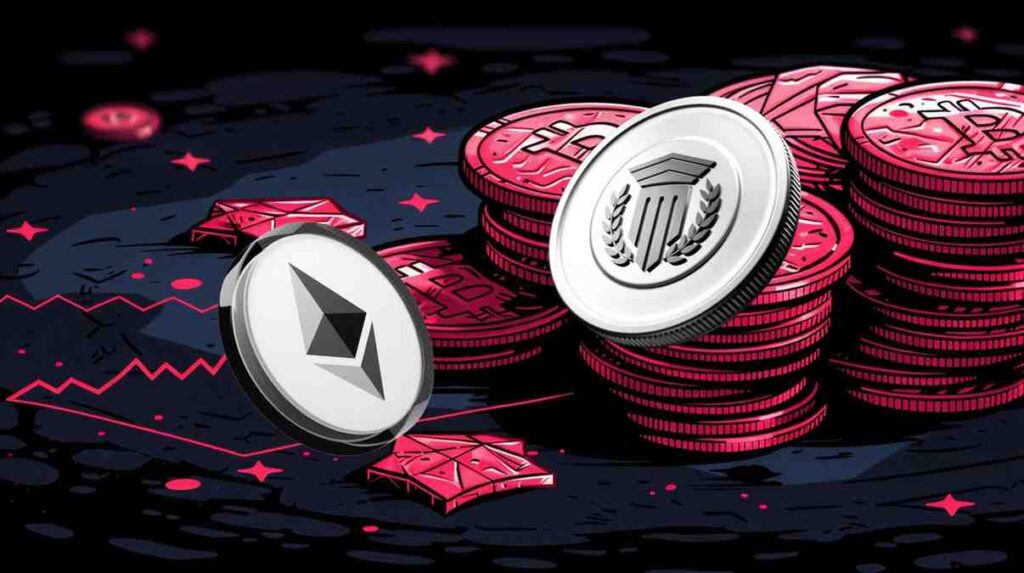Bitcoin Millionaire Addresses Soar Past 190,000: A Deeper Look into BTC’s Evolving Wealth Distribution

Bitcoin millionaire addresses exceed 190,000 in Q3 {current_date | date: ‘YYYY’}. Explore what this on-chain data signifies for BTC’s market dynamics and future adoption.
Bitcoin Surges Past $119K, But Overbought RSI Flashes Caution for Traders

Bitcoin soars past $119K, but overbought RSI signals a potential price retracement. Expert analysis for traders on current BTC market dynamics.
Pendle Protocol Unleashes Five New Yield Markets on Plasma: A Deep Dive into DeFi’s Evolving Landscape

Pendle Protocol expands DeFi offerings with five new yield markets on Plasma, enhancing accessibility and reducing costs for yield tokenization strategies.
DoubleZero (2Z) Secures Major Exchange Listings After Successfully Navigating SEC Probe

DoubleZero (2Z) secures major listings on Upbit & Binance Alpha after successfully clearing an SEC probe, boosting its market presence and regulatory standing.
Ethereum ETFs Surge Ahead: Outpacing Bitcoin in Institutional Inflows as Altcoin Market Dynamics Shift

Ethereum ETFs have significantly outpaced Bitcoin ETFs in recent inflows, signaling a major shift in institutional crypto investment interest. Discover the implications.
Thai SEC Signals Major Shift: Expanding Crypto ETFs Beyond Bitcoin for Broader Market Access

Thailand’s SEC plans to expand crypto ETFs beyond Bitcoin, offering investors broader access to digital assets. A move towards diversification and market maturity.
Gold’s Parabolic Surge Ignites ‘Digital Gold’ Debate: Peter Schiff Predicts $20,000
Gold’s parabolic surge has Peter Schiff predicting $20,000, fueling the debate between traditional gold and Bitcoin as the ultimate store of value.
Sui and Ethena Unveil suiUSDe: A New Frontier in Decentralized Stablecoins with SUI Buyback Integration

Sui and Ethena launch suiUSDe, a new synthetic dollar stablecoin integrated with a SUI token buyback mechanism. Discover its impact on DeFi and the Sui ecosystem.
The AI and Blockchain Revolution: Unlocking Decentralized Intelligence and Data Ownership

Explore how AI and blockchain are converging to create decentralized intelligence, secure data, and revolutionize Web3 applications. Learn about innovations.
Bitcoin Mining: Unearthing Sustainable Returns in a Digital Economy

Explore how strategic investments in Bitcoin mining infrastructure are yielding significant returns, demonstrating its enduring profitability in the evolving digital economy.

